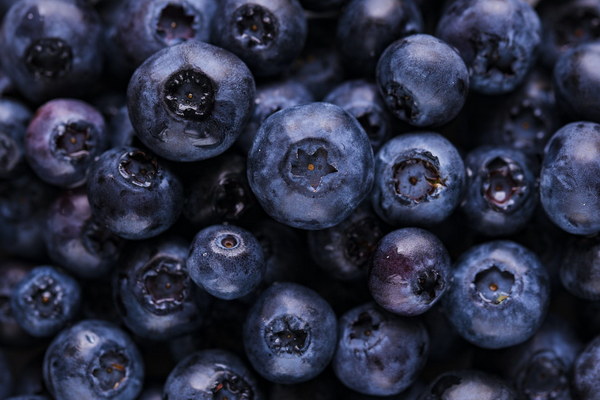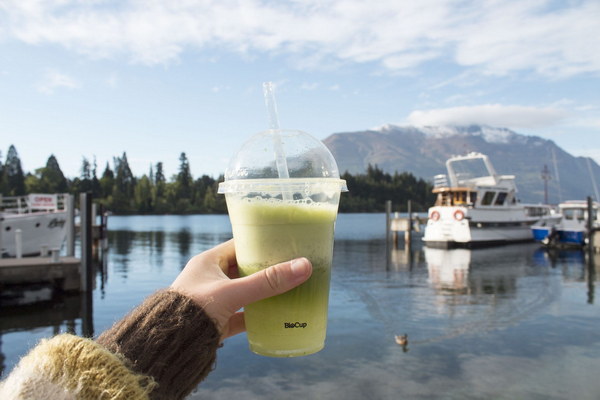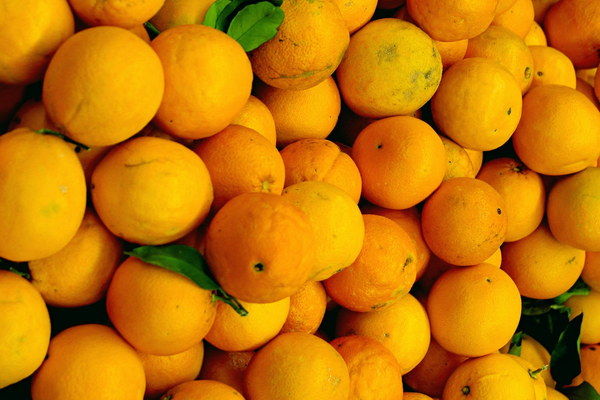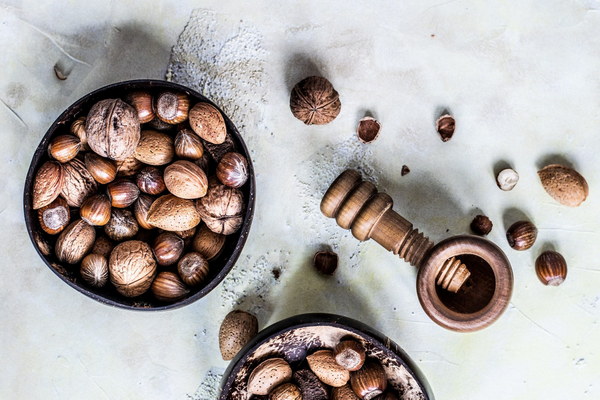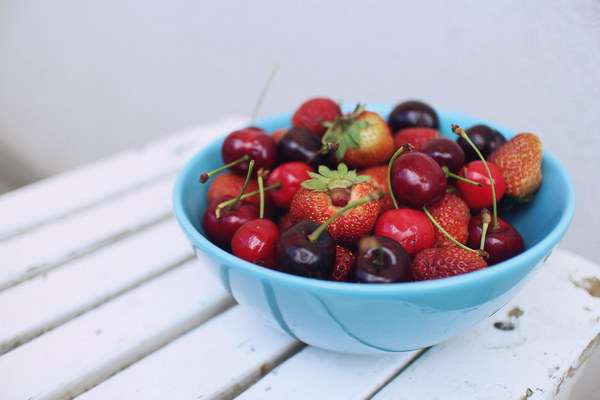Healing Your Child's Diarrhea with Nutritious Diet A Comprehensive Guide
Introduction:
Diarrhea is a common digestive disorder that can affect children of all ages. While medication can help alleviate symptoms, a well-balanced and nutritious diet is essential for a quick and effective recovery. This article will explore the importance of dietary adjustments during a child's diarrhea, highlighting key nutrients and food choices to support their healing process.
1. Importance of Nutrition During Diarrhea:
During diarrhea, the body loses essential nutrients, fluids, and electrolytes at an accelerated rate. Ensuring that your child consumes a nutritious diet can help replenish these lost elements, promoting a faster recovery. A balanced diet can also strengthen the immune system, reducing the risk of complications and recurrence.
2. Foods to Include:
a. Rehydration Solutions: Water is the most important component in rehydration. Encourage your child to drink small, frequent sips of water throughout the day. In addition, consider incorporating rehydration solutions such as Pedialyte or oral rehydration salts (ORS) to replenish electrolytes and fluids.
b. Starchy Foods: Starchy foods are easily digestible and can help restore the body's electrolyte balance. Include foods like bananas, rice, applesauce, and toast (the BRAT diet) in your child's diet. These foods also provide energy and aid in the absorption of nutrients.
c. Lean Proteins: Proteins are crucial for tissue repair and immune function. Offer your child lean protein sources such as chicken, turkey, fish, or tofu. These foods can be prepared in a variety of ways, such as pureed or cooked in a broth to make them more palatable for young children.
d. Vegetables and Fruits: Incorporate a variety of vegetables and fruits into your child's diet to provide essential vitamins and minerals. Opt for cooked or pureed vegetables and fruits, as they are easier to digest. Some suitable options include carrots, sweet potatoes, apples, and pears.
e. Healthy Fats: Healthy fats, such as those found in avocados, nuts, and seeds, can help provide energy and support the absorption of fat-soluble vitamins. Introduce these foods in moderation, ensuring they are well-cooked or pureed for young children.
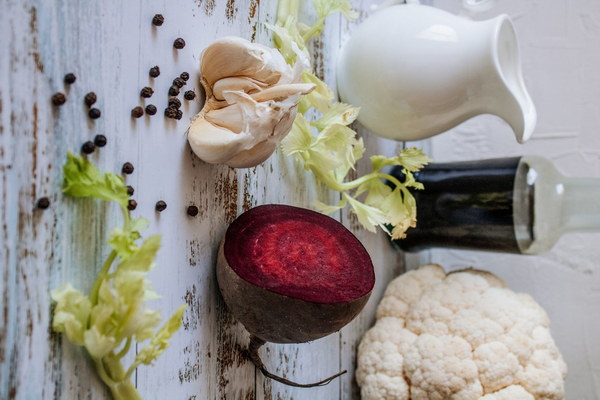
3. Foods to Avoid:
a. Highly Spicy Foods: Spicy foods can irritate the digestive system and exacerbate diarrhea symptoms. Avoid offering your child foods that contain excessive amounts of spices, herbs, or hot sauce.
b. Fried or Greasy Foods: Fried or greasy foods can be difficult to digest and may worsen diarrhea symptoms. Opt for healthier cooking methods, such as baking, grilling, or steaming.
c. Sugary Foods and Drinks: High-sugar foods and drinks can cause an imbalance in gut bacteria and worsen diarrhea. Limit the intake of sugary treats and beverages, such as soda, fruit juices, and candy.
4. Tips for Feeding Your Child During Diarrhea:
a. Small, Frequent Meals: Encourage your child to eat small, frequent meals rather than three large meals a day. This approach can help prevent further irritation to the digestive system.
b. Be Patient: Diarrhea can make eating uncomfortable for children. Offer a variety of nutritious foods and be patient as your child adjusts to their new dietary routine.
c. Monitor Hydration: Keep a close eye on your child's hydration levels. If they are not drinking enough fluids, consider consulting a healthcare professional.
Conclusion:
Diarrhea can be a challenging condition for children, but with proper nutrition and care, recovery can be facilitated. By incorporating a balanced diet rich in essential nutrients, you can help your child overcome diarrhea more effectively. Remember to consult with a healthcare professional for personalized advice and to address any concerns regarding your child's dietary needs during this time.
